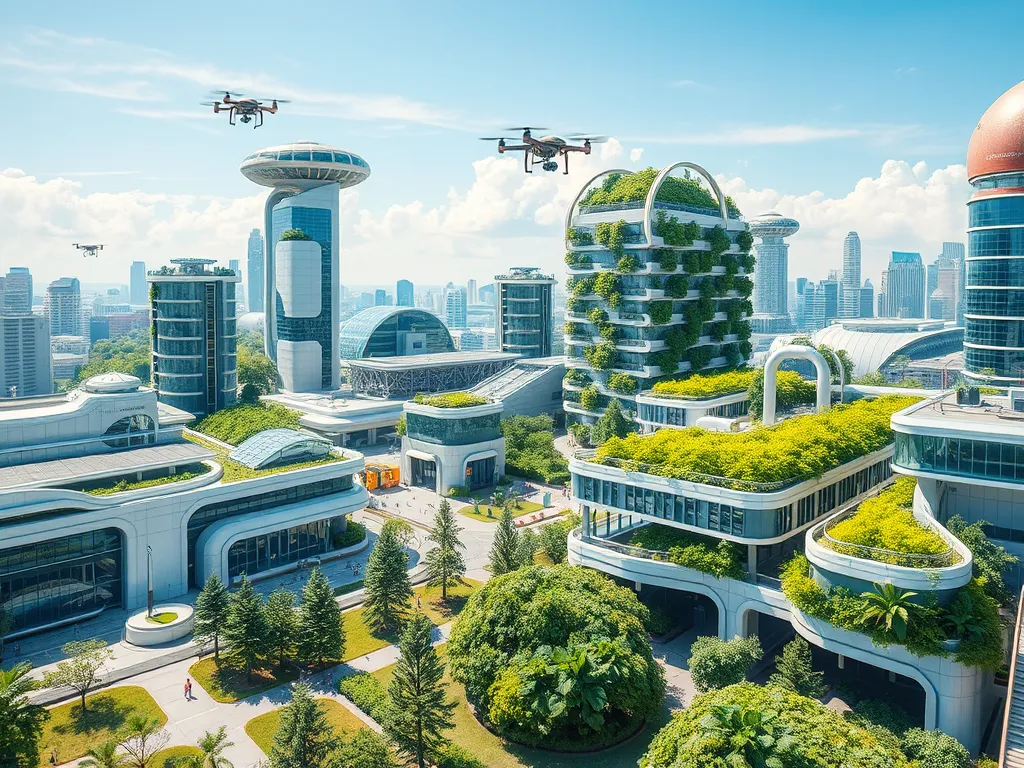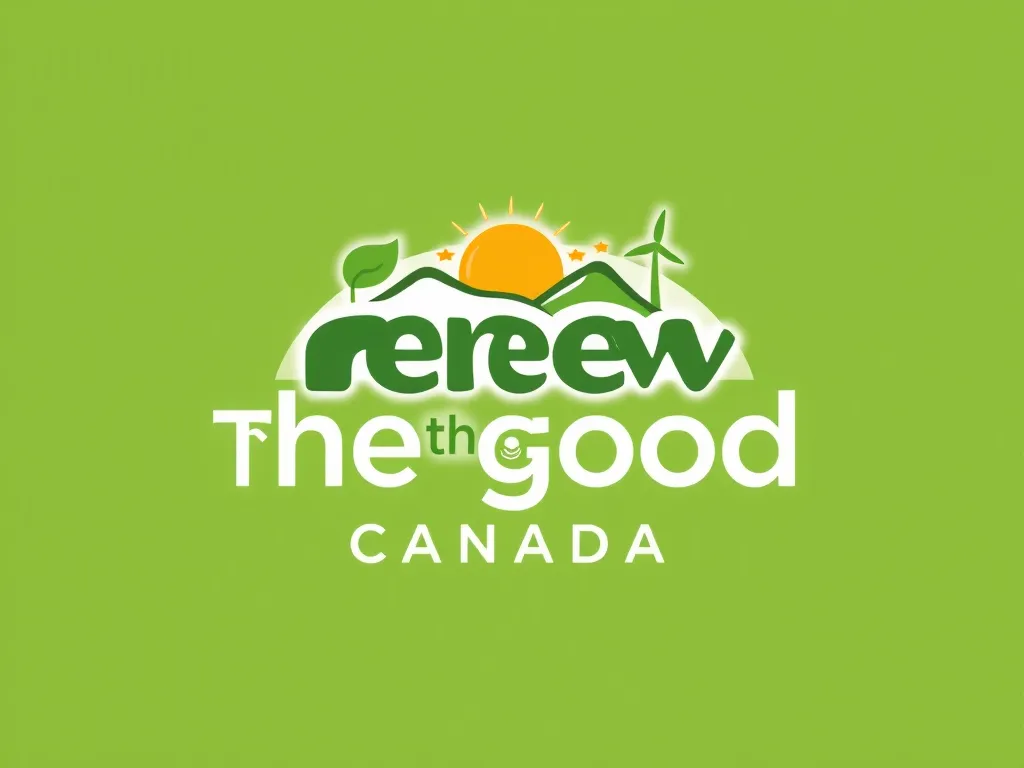Innovative Approaches to Future Waste Management Solutions

Future Waste Management: Innovations, Practices, and Trends
Future waste management is a pressing concern as we move towards a more sustainable society. The way we handle waste today has profound implications for environmental health, resource conservation, and community wellbeing. To tackle the increasing waste generation, innovative strategies and technological advancements are at the forefront of shaping a cleaner, greener future.
The future waste management landscape is rapidly evolving, driven by a combination of technological innovations, sustainable practices, regulatory frameworks, and community involvement. From smart waste systems that utilize IoT to improve collection efficiency to grassroots movements encouraging zero waste lifestyles, the future of waste management encompasses a holistic approach to waste reduction and resource recovery.
With an ever-growing global population and urbanization, the challenge of waste generation will only intensify in the coming years. Therefore, developing a comprehensive waste management strategy is essential for minimizing environmental impact and encouraging responsible consumption. The future waste management paradigm will prioritize circular economy principles, enabling materials to be reused and recycled rather than discarded.
Public awareness and engagement are critical components in the evolution of future waste management. Individuals and communities must work together to foster a culture of sustainability and accountability for waste generation. Through education initiatives, local events, and partnerships with businesses, communities can take active roles in waste reduction and responsible disposal, shaping a cleaner planet for generations to come.
In summary, future waste management is a dynamic field addressing the challenges of waste through technological innovation, sustainable practices, regulatory policies, community engagement, and emerging trends. By embracing these elements, we can revolutionize how we approach waste and create a more sustainable world.
Technological Innovations in Waste Management
Smart waste bins equipped with sensors are revolutionizing waste collection services. These bins can monitor fill levels in real-time, optimizing collection routes and reducing unnecessary pickups. Integrating the Internet of Things (IoT) enables data-driven decision-making for municipalities, ensuring efficient resource allocation and minimizing environmental footprints.
For comprehensive guidelines on sustainable agricultural practices, visit the detailed resource at https://pubs.nmsu.edu/_g/G314/index.html.
Recycling automation technologies are making significant strides in waste management practices. Advanced machinery equipped with AI and machine learning can sort and process recyclables more efficiently than traditional methods. Such automation enhances recycling rates, reduces contamination, and lowers costs for waste management facilities, ultimately promoting a more circular economy.
Waste-to-energy conversion technologies are evolving, allowing for the extraction of energy from waste materials. These innovations convert non-recyclable waste into usable energy, decreasing reliance on landfills and reducing greenhouse gas emissions. By harnessing waste as a resource, communities can contribute to energy production while decreasing environmental impact.
Drones are increasingly being used for waste collection and monitoring activities. Equipped with cameras and sensors, drones can survey large areas to identify illegal dumping sites or track waste accumulation in difficult-to-access locations. This technology allows for more efficient waste management and proactive measures to prevent environmental harm.
Sustainable Practices for Waste Reduction
Composting techniques tailored for urban areas are gaining popularity as effective waste reduction strategies. By setting up community composting programs, cities can divert organic waste from landfills while producing nutrient-rich compost for local gardens. This practice promotes sustainable waste management while enhancing urban biodiversity and soil health.
Zero waste lifestyle strategies are emerging as individuals commit to reducing their waste footprint. This approach encourages minimizing plastic usage, reusing items, and composting organic materials. By adopting a zero waste mindset, communities can significantly influence waste generation patterns and inspire others to live more sustainably.
Circular economy principles are pivotal in shaping future waste management. This economic model emphasizes the continuous use of resources, minimizing waste generation, and maximizing the lifecycle of materials through recycling and repurposing. Transitioning to a circular economy fosters sustainable businesses and decreases environmental impact.
Upcycling and repurposing materials represent innovative sustainable practices in waste management. By creatively transforming waste into new valuable products, individuals can reduce landfill waste while promoting a culture of creativity and sustainability. This movement encourages resourcefulness and highlights the importance of viewing waste as a potential resource.
Policy and Regulation in Waste Management
Legislation plays a crucial role in shaping future waste management practices. Governments around the world are implementing stringent policies aimed at reducing waste production, promoting recycling, and supporting sustainable waste management solutions. Regulations are essential to driving change within industries and encouraging sustainable practices across communities.
Global waste management agreements, such as the Basel Convention, are vital for addressing transboundary waste issues and enhancing international cooperation. Collaborative efforts among nations establish frameworks for effective waste management strategies, ensuring responsible disposal and sharing best practices for reducing environmental impact.
Local government initiatives are critical in implementing waste management policies effectively. Communities can create tailored programs that resonate with local residents, encouraging participation in recycling, composting, and waste reduction efforts. Local governments can enhance engagement through incentives and public awareness campaigns.
Incentives for sustainable waste practices are becoming increasingly common as governments recognize the importance of encouraging individuals and businesses to adopt environmentally friendly behaviors. Tax breaks, subsidies for composting or recycling initiatives, and recognition programs can motivate communities to prioritize waste reduction and sustainability.
Community Engagement in Waste Management
Creating awareness and education programs is fundamental for community engagement in waste management. By informing residents about the environmental impact of waste and the importance of responsible disposal, individuals can develop a sense of ownership over their waste practices. Education fosters a culture of sustainability.
Local clean-up events and initiatives provide people with hands-on opportunities to engage in waste management efforts directly. These community-driven actions allow residents to actively participate in cleaning their surroundings while cultivating pride in their community. Such events can also encourage further involvement in sustainable practices and behaviors.
Partnerships with local businesses can enhance waste management strategies within a community. Collaborating with businesses to promote responsible waste disposal practices and implement recycling initiatives maximizes resources and fosters a culture of sustainability in the community. These partnerships create a united front to tackle waste management challenges collectively.
The involvement of youth and schools in recycling programs is crucial for instilling sustainable habits from a young age. Educational institutions can promote recycling initiatives and environmental awareness, empowering students to become stewards of the environment. By engaging youth, communities ensure future generations prioritize waste reduction and environmental sustainability.
Future Trends in Waste Disposal
Landfill alternatives and innovations are becoming increasingly relevant as society seeks to minimize waste impact on the environment. Options such as engineered landfills, anaerobic digesters, and advanced recycling facilities represent cutting-edge solutions to waste disposal challenges, effectively diverting waste from traditional landfills and promoting sustainability.
The rise of biodegradable materials is transforming product design and packaging industries. Biodegradable alternatives offer environmentally friendly options that reduce plastic pollution and facilitate easier disposal. As awareness grows, the shift towards biodegradable materials will significantly impact future waste management and disposal practices.
Trends in hazardous waste management are evolving, with a focus on using safer materials and encouraging responsible disposal methods. Regulations are being tightened to prevent hazardous waste from entering landfills, leading to innovative approaches in treating and recycling hazardous waste more efficiently and sustainably.
Microbial waste degradation technologies are gaining attention as effective methods for organic waste management. Utilizing bacteria and other microorganisms to decompose organic materials offers eco-friendly solutions that promote waste reduction and contribute to sustainable agricultural practices. This approach aligns with the principles of circular economy and responsible resource management.
